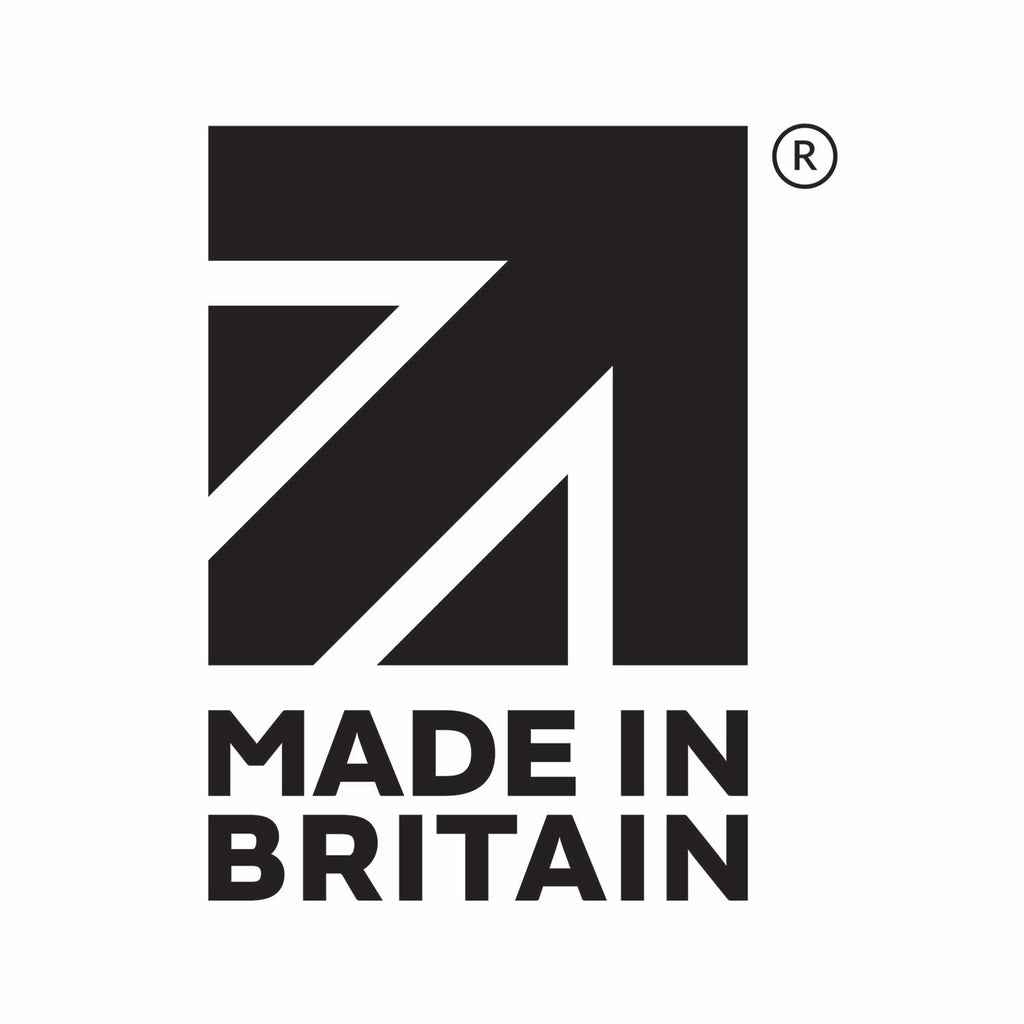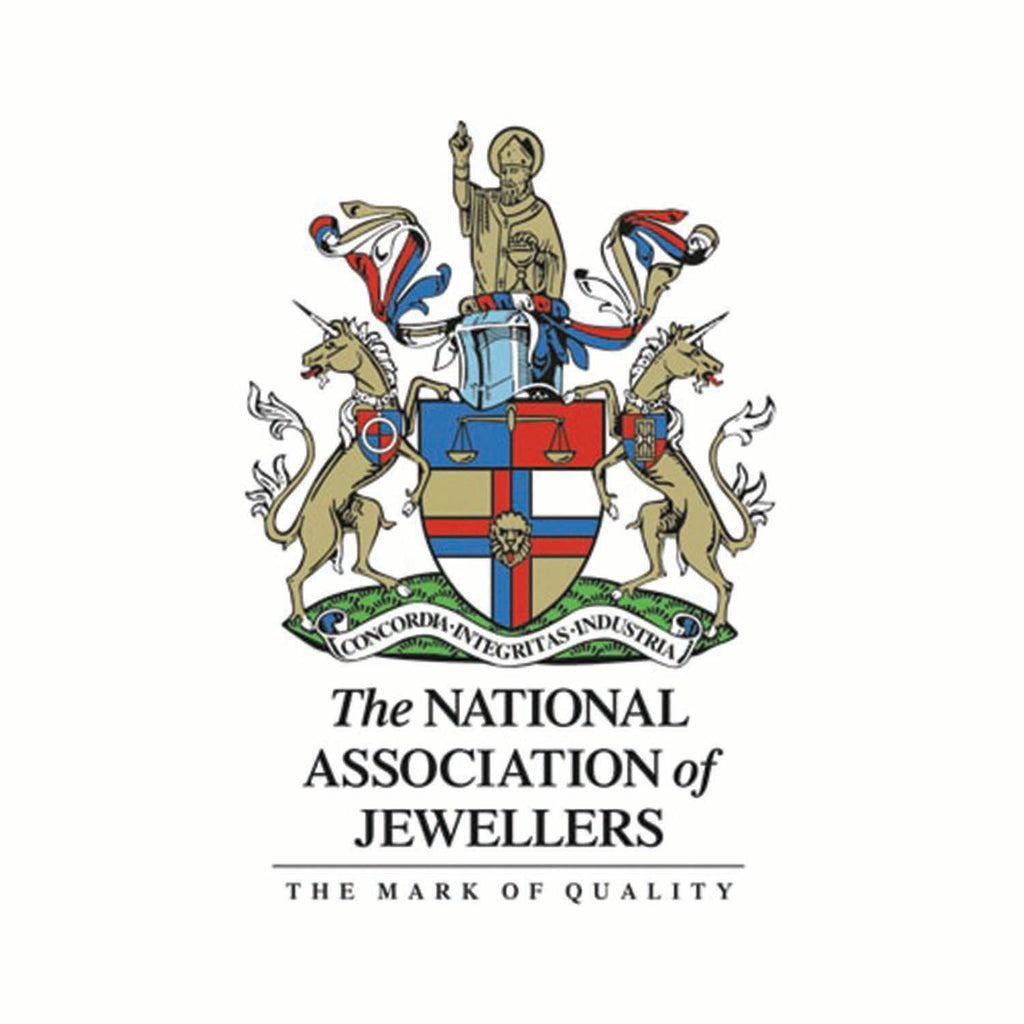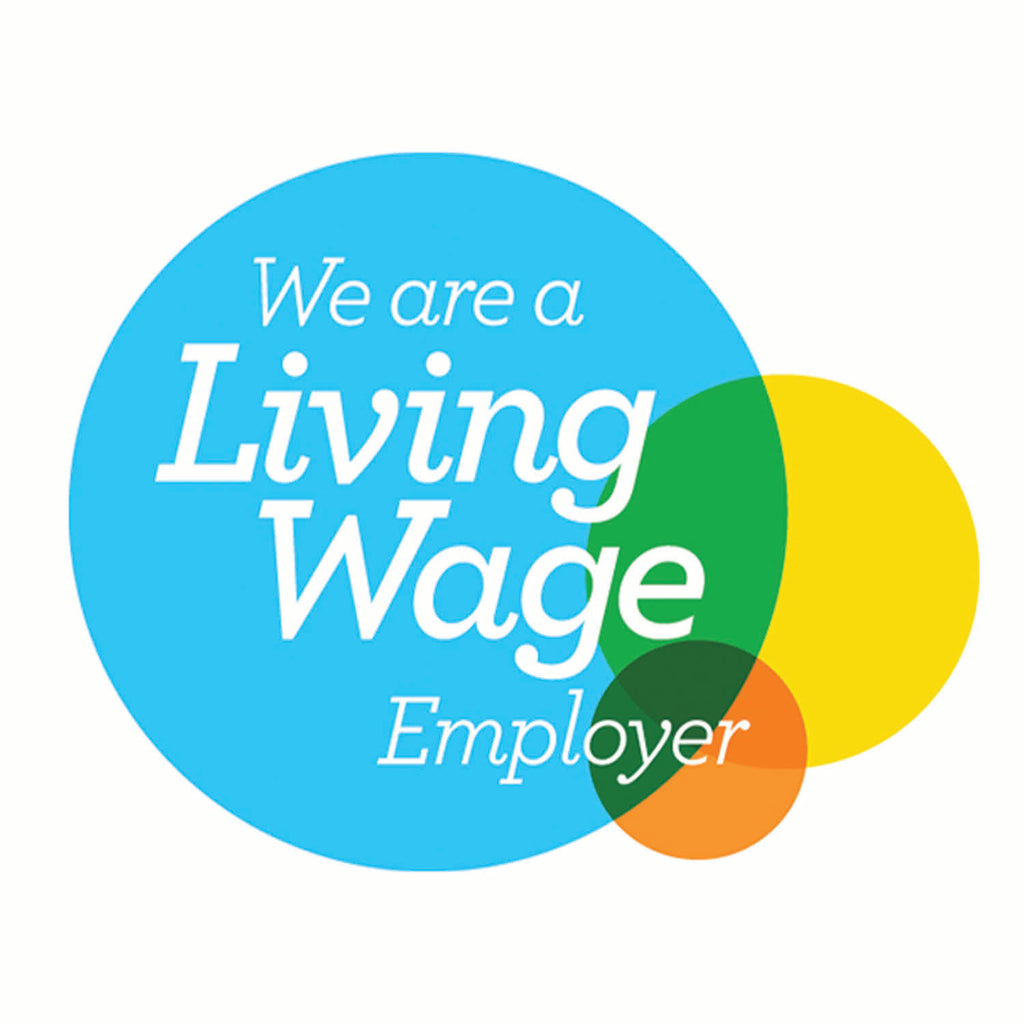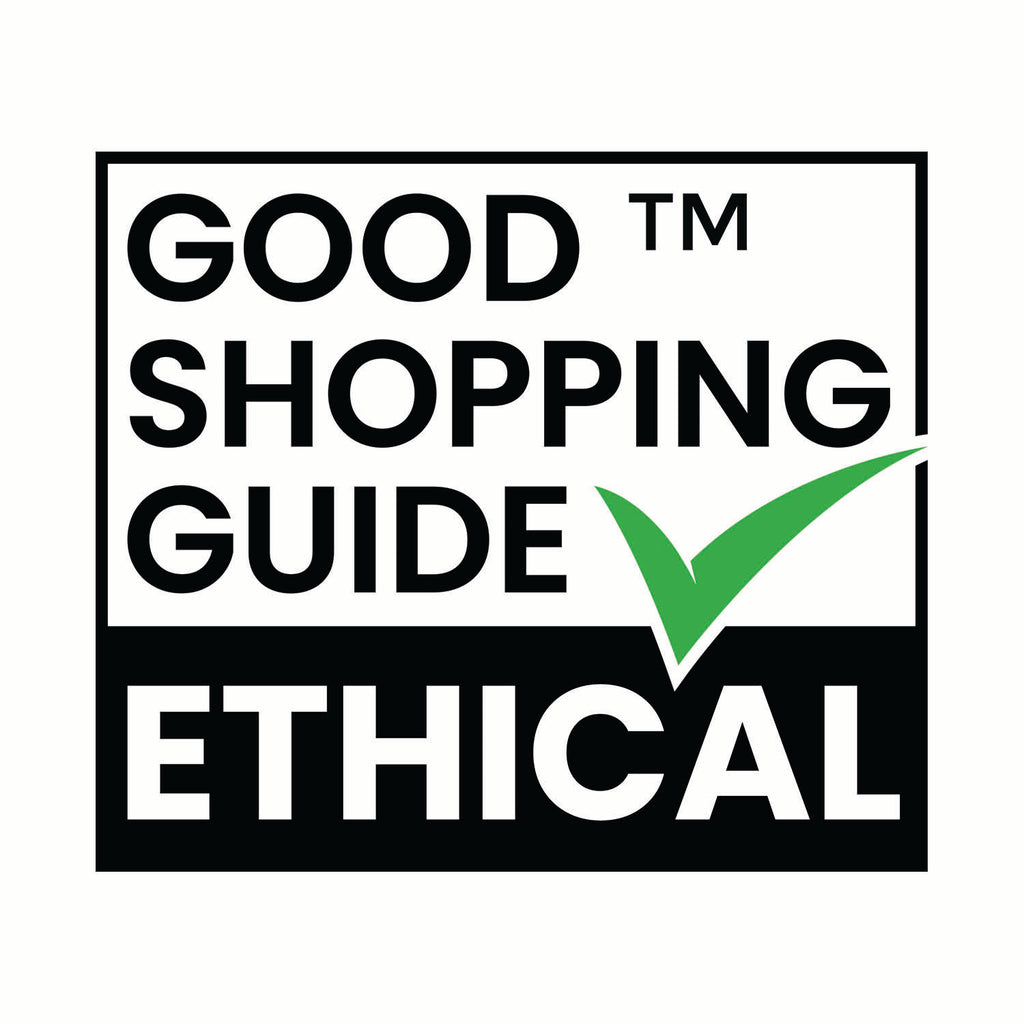Have you ever noticed how much waste our Christmas celebrations can create? Wondered 'how to have a sustainable Christmas', compared the pro's and con's of a natural Christmas tree vs artificial or looked for sustainable, fair trade, handmade or eco-friendly decorations, gifts or tips? We have been thinking a lot about sustainable ideas for Christmas too.
Shopping with ethics in mind is an essential part of living a sustainable lifestyle, especially at this time of year. Choosing products and services which are responsibly sourced or better yet responsibly produced, means collectively we are increasing demand for them and reducing demand for wasteful and unethical products.
However, we know shopping ethically can feel overwhelming, especially if you are just setting out on your journey to a conscious Christmas journey. We want to share some of the most important considerations and tips to help.
1. Christmas trees
Have you ever wondered 'are artificial Christmas trees eco friendly?' Researchers have found that real Christmas trees have a small carbon footprint, and are therefore better for the environment than fake ones.
Renting a tree is one of the most sustainable ways to go about sourcing your Christmas tree. Not only does it create zero tree waste, but most Christmas tree rental companies will deliver your tree to your door and pick it up again once you've finished with it.
2. Decorations
Christmas decorations can contain a huge amount of plastic and often are cheap quality and are binned rather than saved. Why not consider buying ones made of more eco-friendly materials like wood or making your own decorations like sliced dried citrus fruits or popcorn garlands, origami stars and chains made with waste paper or wrap your presents in newspaper or fabric.
3. Shop small
Ethical Christmas markets have been popping up a lot in recent years, hosting small businesses of all sorts; fair trade, ethical and sustainable gifts, decorations, cards and more all in one place. Check off your Christmas list while supporting a small or independant business, what could be better?
4. Shop online or in-store?
As always, there is no right and wrong or good and bad choices between which options are more eco-friendly depends on your circumstance and the products you’re buying. In general, physical stores consume more electricity and other resources than online shops do. A product delivered by a delivery person with multiple stops on their routes which maximises efficiency and can help to reduce the environmental impact.
Items you buy online are often shipped across half the world to get to you which can be seen as a negative but of course, the same can also be true for what you buy in-store. You can reduce this by buying from British brands (like us!) whose products will travel fewer miles. However, we love to support our local shops, so whichever option you choose make sure to shop small, this is always have a more positive impact.
5. Reduce food waste
It’s always good to only buy what you need – especially so when it comes to food at this time of year. When we throw away uneaten food rather than composting it, it is sent to a landfill, where it sits around without decomposing and produces methane which is environmentally harmful. If you are left with a surplus of food (which is still edible) consider donating it rather than binning it.
6. Reduce packaging
Excess packaging and especially plastic goes hand in hand with Christmas. So, how do you shop with this in mind? Sometimes, packaging can’t be avoided, especially when buying gifts – and in those cases, it’s important to look for more sustainable packaging options. Always choose cardboard, glass or metal over single-use plastic.
7. Buy pre-loved
One of the best ways to make sure what you’re buying is ethical and sustainable is to buy recycled or pre-loved alternatives. This way, no new materials have to be created and you’re preventing used items from ending up in a landfill.
Plus if you shop in charity shops you know your money is going, in part, to a good cause. Almost anything can now be bought pre-loved: from clothing to electronics. With how quick many of us are to throw away our possessions, lots of second hand items have been barely used.
8. Simply buy less!
One of the best ways to shop sustainably is to shop less. While ethical shopping can help us get what we need when we need it, the truth is that many of us simply buy too much stuff, things we don’t need or that don’t bring us any joy. These items then end up taking up space in our home, only to be thrown away barely used. If you want to live a more sustainable lifestyle, think carefully about the purchases you’re making – and eliminate unnecessary ones.
Why not consider gifting experiences or vouchers so you know what the recipient receives is exactly what they want and less likely to go to waste. You can find our gift cards here and our ring making workshop here, it is a great experience and makes for a perfect ethical gift this Christmas.
We hope you found these ideas helpful and have a very merry sustainable Christmas.






